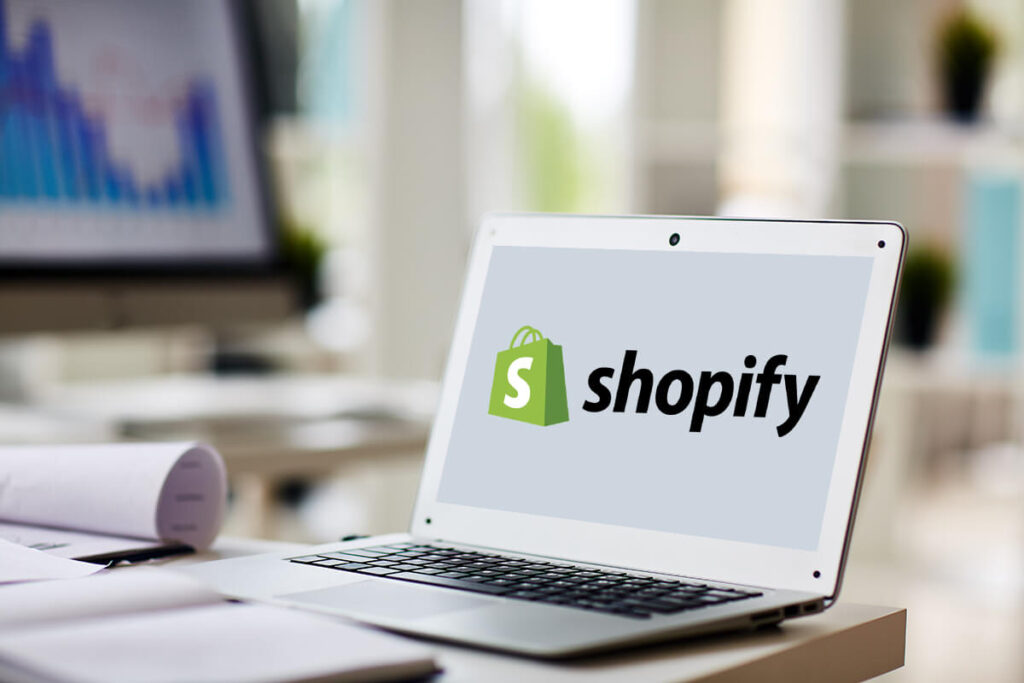
Although it is a good fit for many companies, it may not be a great fit for everyone.
Not happy with Shopify or just looking for the best alternative? Shopify is a very popular platform for retail start ups, as well as small and midsize businesses. Although it is a good fit for many of these companies, it may not be a great fit for everyone. There’s also the issue of apps, services, and hosting fees. Some platforms may not require as much or many ongoing fees, or they provide additional customization at a higher price tier. There are several great alternatives, depending on your business needs, budget, and technical expertise.
What’s Your Budget Now & In the Future?
Below are some good options along with their relative cost to build & maintain. Open source platforms may take more development and customization up front but offer much lower cost of ownership over the years. DIY platforms like Shopify & retailers like Amazon are quicker and easier to setup, but come with higher fees long term.
- $ = Relative low cost build/maintain
- $$ = Moderate cost to build/maintain
- $$$ = Higher cost to build/maintain
Fully Hosted E-commerce Platforms
- BigCommerce – Ideal for scalability with built-in features and no transaction fees. Great for large or growing businesses. ($$)
- Wix eCommerce – Best for small businesses and beginners who need a simple drag-and-drop website builder. Wix can be easy to start, but usually has limitation’s when it comes to marketing. ($)
- Squarespace – Good option for creative businesses and brands looking for beautiful, design-focused templates. This platform may be limited when it comes to SEO or growing your business over time. ($)
- Weebly (by Square) – A budget-friendly option with easy store setup and simple customization. ($)
Open-Source Platforms
- WooCommerce (WordPress Plugin) – Perfect for those comfortable with WordPress and looking for flexibility and customization. ($)
- Magento (Adobe Commerce) – A powerful, enterprise-level platform with extensive features but requires developer skills. ($$-$$$)
- OpenCart – A free, open-source eCommerce platform with a lightweight and customizable structure. ($)
- PrestaShop – Another open-source platform with a strong community and good customization options. ($)
Marketplace Alternatives
- Google Shopping (Merchant Center) – Load products directly on Google Shopping or connect a feed to your web store. Shopping ads can get pretty pricy depending on your product niche. ($-$$)
- Etsy – Best for handmade, vintage, and creative products. Was once a cheap alternative for crafting. Fees have been on the rise the last few years so Etsy is not quite as popular now as it was 5-10 years ago. ($$)
- Amazon – Good for businesses that want to tap into large customer bases without running their own website. Generally on the higher end fees wise which caps your total ROI. ($$)
- Ebay – Auction based website with store. Was once very popular but has declined in the past 5-10 years with merchants as more options roll out. ($$)
- Walmart Marketplace – It’s Walmart so it has a wide reach. Consider if it fits your sales goals and target demographics. ($-$$)
